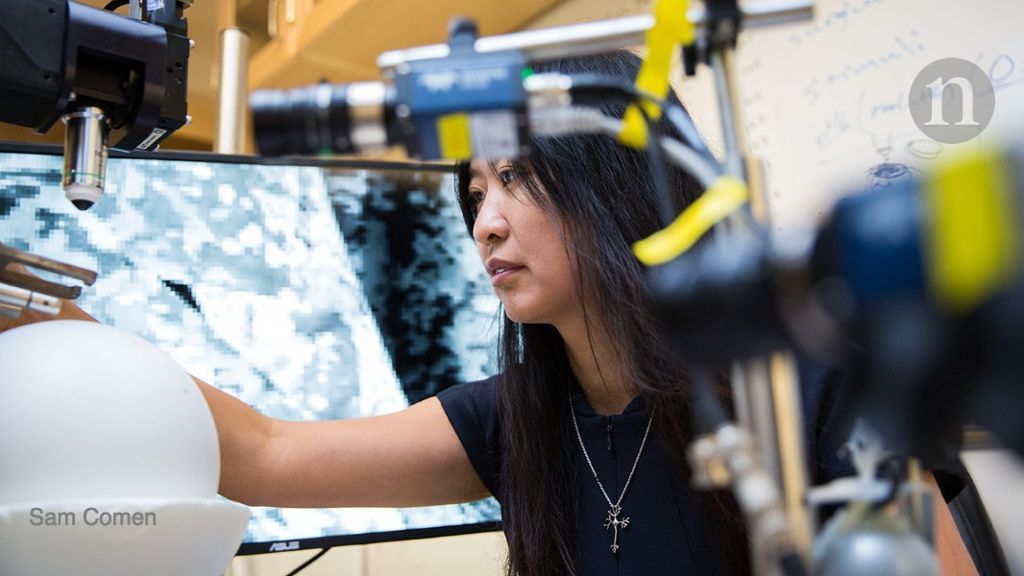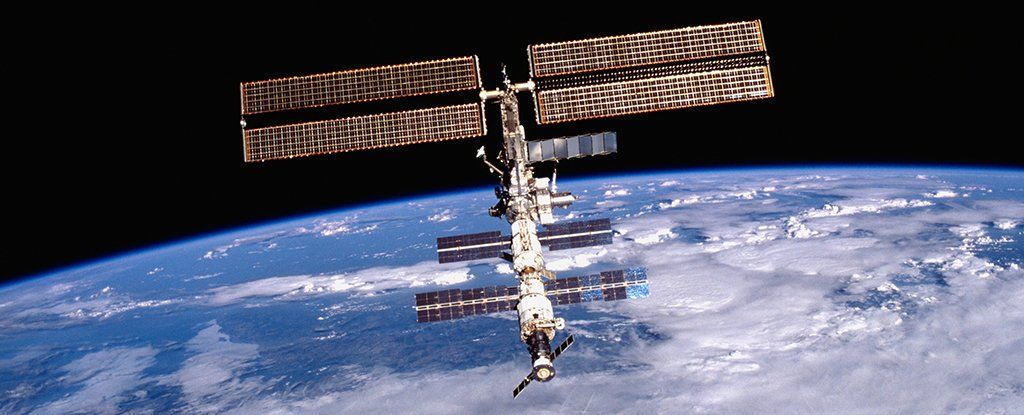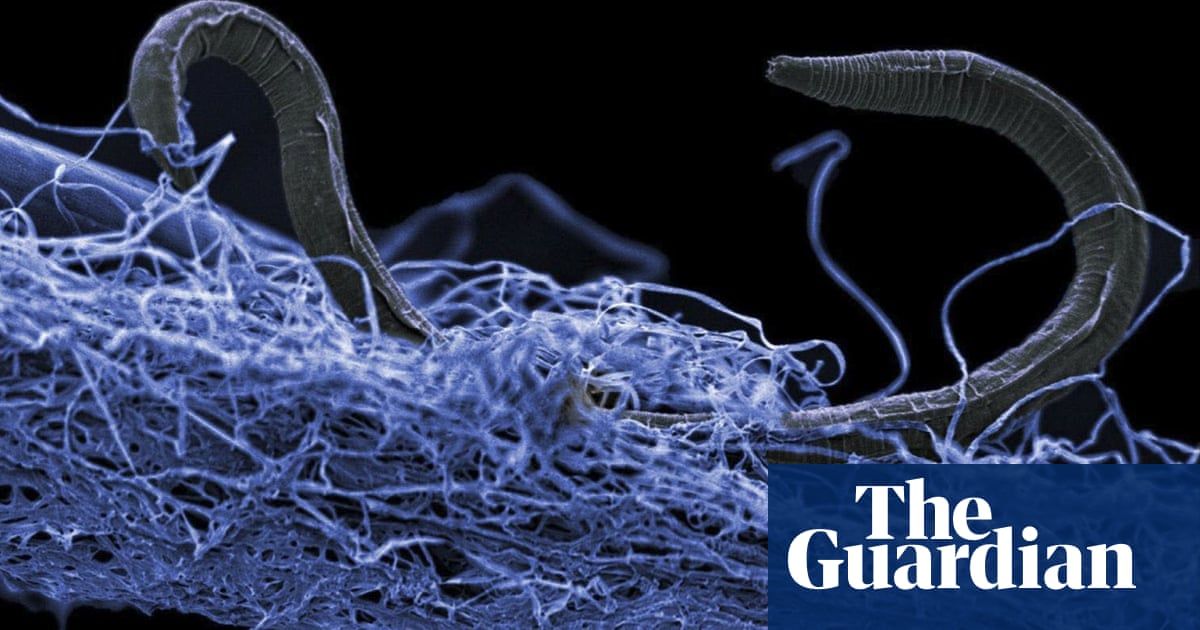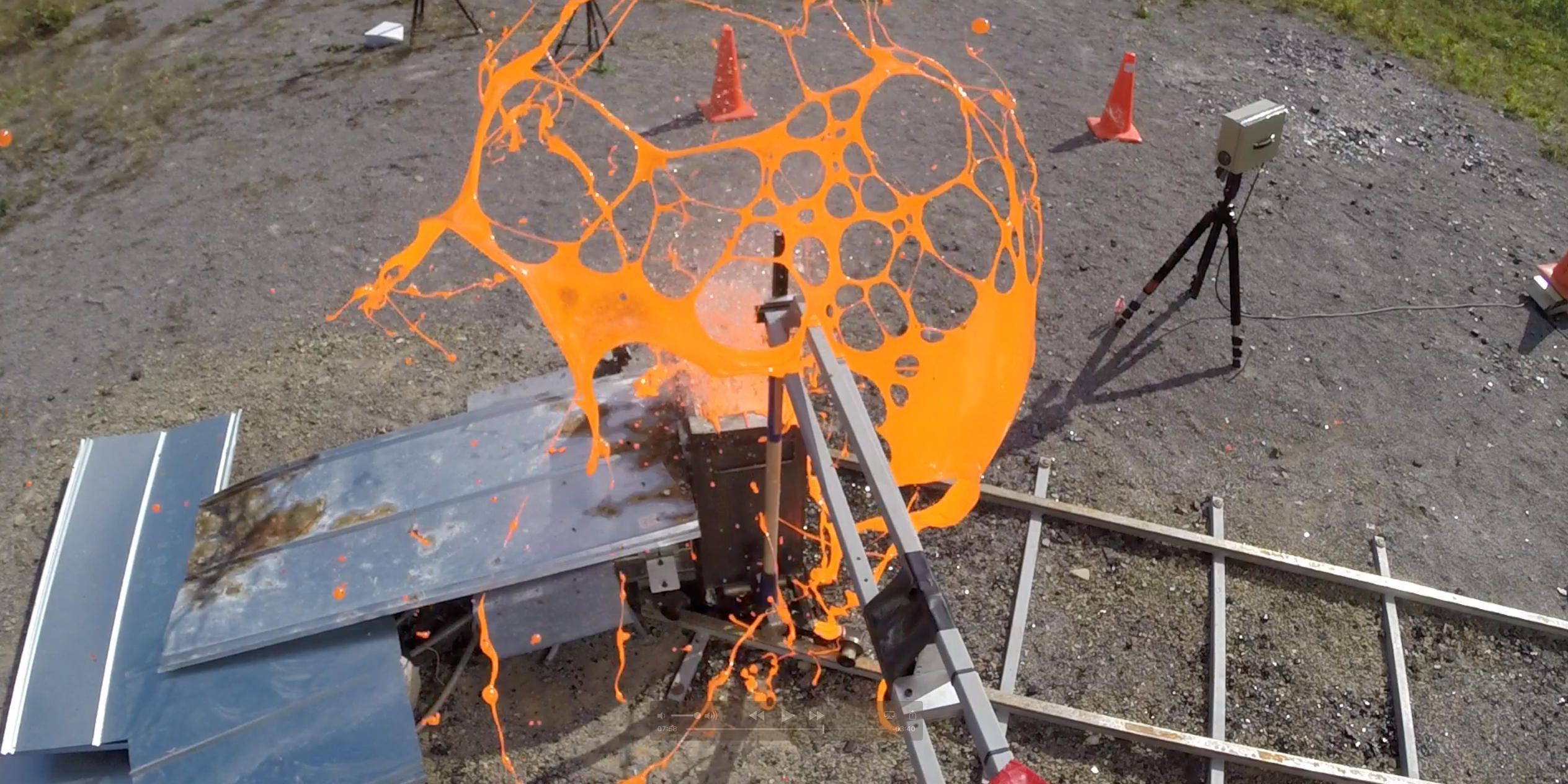The view of the world through any primate’s eyes is funnelled from the retina into the visual cortex, the various layers of which do the initial processing of incoming information. At first, it’s little more than pixels of dark or bright colours, but within 100 milliseconds the information zaps through a network of brain areas for further processing to generate a consciously recognized, 3D landscape with numerous objects moving around in it.
Doris Tsao mastered facial recognition in the brain. Now she’s looking to determine the neural code for everything we see. Doris Tsao mastered facial recognition in the brain. Now she’s looking to determine the neural code for everything we see.










